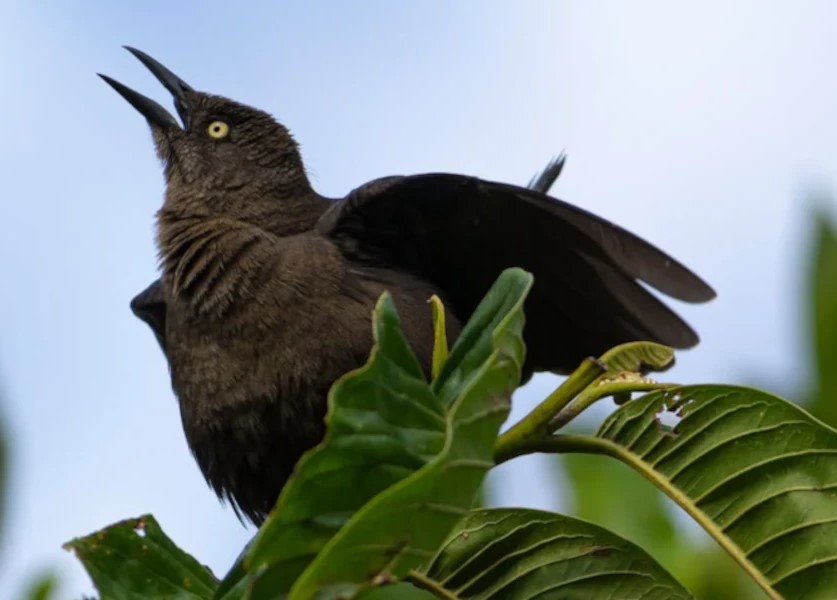
Nicaragua. A Church in exile
Mother Teresa’s sisters, present in Nicaragua since 1986, were expelled from the country in 2022. On Missioni Consolata, an account of a regime that strains the life of the Church
By Manuela Tulli
(Missioni Consolata, May 2, 2024)
Kicked out the apostolic nuncio, some bishops, presbyters and even Mother Teresa’s nuns. Daniel Ortega’s regime accuses the Catholic Church of supporting opponents. But the Central American country’s bishops retort that they are only on the side of the last.
It was late June 2022 when Daniel Ortega decided to expel the Missionaries of Charity from the country.
Present in Managua since 1986, Mother Teresa’s sisters had to leave Nicaragua because they had failed to comply with laws on “financing terrorism and the proliferation of weapons of mass destruction.”
At least that was the charge brought against them by the Nicaraguan Interior Ministry’s “General Directorate of Registry and Control of Nonprofit Organizations.” The same grounds on which more than a hundred nongovernmental organizations (NGOs) have been banned in recent years.
Out with those who challenge the regime
The case of the expulsion from the country of Mother Teresa’s nuns who, with a meekness that has even become proverbial, bring their assistance to the least in almost every corner of the world, even in war-torn contexts as Gaza or Ukraine are today, has gone around the world. The photographs and videos depicting them as, with the few things they had decided to take with them, they crossed the border with Costa Rica on foot are among the symbolic images of the persecution of Christians in Nicaragua.
An oppression that in recent years has had no regard for anyone, not even the Pope who had his apostolic nuncio kicked out of the country on the spot.
Monsignor Waldemar Stanislaw Sommertag, a Polish bishop who has been the Vatican ambassador in Managua for four years, was, in fact, rushed to the capital’s airport on March 6, 2022. He had been given a few hours to gather his belongings before being deported.
The Holy See ambassador had arrived in Nicaragua in 2018, just as protests erupted against the government of Daniel Ortega and his wife, Vice President Rosario Murillo.
The Church even then was in the crosshairs for supporting the protesting population.
Churches were being attacked by paramilitaries and bishops threatened.
One of them, the auxiliary bishop of the Managua archdiocese, Monsignor Silvio Jose Baez, had been forced to leave the country in 2019. A fate that would be shared by many, up to Monsignor Rolando Alvarez, the bishop of Matagalpa who, after more than five hundred days of hard imprisonment, and with a 26-year prison sentence, arrived in Rome on January 14, 2024, welcomed into the Vatican along with eighteen other released clergy. Freed through a delicate negotiation conducted by the Holy See, but expelled.All put on a plane with a one-way ticket.
Nuncio’s ouster
Nuncio Sommertag the first years had tried to keep the dialogue open with the government while also consuming some friction with the local Church.
The desire was to use diplomatic means to pacify the country. And in 2019 he had also been a mediator in talks between the government and opponents.
Over the years, however, the situation became increasingly difficult. One reason was certainly the closeness expressed by the nuncio to the families of the many prisoners, many of them opponents of the Ortega regime, who had asked him to mediate for their release. A closeness that was not appreciated by the government.
The situation then precipitated when the representative of the Holy See used the expression “political prisoners.”
In November 2021 came the first concrete sign of “not liking” when Nuncio Sommertag was stripped of his title of “dean” of ambassadors.Thereafter, the situation increasingly deteriorated until the expulsion.
Today the Apostolic Nunciature is empty, and is guarded by the staff of the Italian Embassy in Managua.
read more on MISSIONI CONSOLATA
